Is.55:10-11; Ps. 65:10-14; Rom. 8:18-23; Mt. 13:31-23
The Quantum Zeno Effect (QZE) of Christianity is the “seed sown on rich soil”. What is the QZE of a Christian? It is the “mental act of focusing attention…on your mental experience, whether a thought, an insight, a picture in your mind’s eye*” of the presence of God despite the distraction of “worldly anxiety” or “the lure of riches” to do the will of God. Saint John Paul II proclaimed “faith and science are two wings of a bird”, they must work in harmony to fly. The world focuses on science while church leaders focus on faith but in our times we need a language that freely integrates both to rise in the splendor of God’s creation.
In QZE is said “attention density shapes identity”. This “identity” comes from the willingness to deepen our focus and keep our eyes centered on God who is always present in order to “hear and understand”. It can be said that the density of our focused attention brings us out of darkness into the light of wisdom as evidenced by all the great saints and mystics. This identity is shaped in the image of God in his creation by the gifts of the Spirit.
Must we all drape ourselves as monastic hermits seeking to isolate ourselves to benefit from QZE? No, QZE is a discipline practiced by anyone who exercises faith to be great arts, culture, business, love, and sanctity. As Mother Angelica often said on her EWTN program “we are all called to be great saints” and QZE is the discipline of faith through prayer to open up our souls and rise to the grace and greatness God is calling us to be.
QZE is how we approach our daily life with “God First” at the center of our focused attention in the present moment of our experiences. St. Theresa of Lisieux “The Little Flower” understood this simply as “Remember nothing is small in the eyes of God. Do all that you do with love”. It all matters so it is worthy of our focused attention to see God’s work before us and through us. Today God is working in each of us to be the greatest he created us to be.
A child is born with focused attention to the wonderment of the world before him, learning with focused attention to speak the language of his parents, to ride a bike and to listen, learn, and understand the gifts that they are blessed with in order to grow in the joy and love of God. QZE is a natural gift of childhood that is either nurtured or lost by overstimulation, constant media messaging, and a loss of learning skills for problem-solving and synthesis of ideas when we try to serve a child with all the answers “on a silver platter”. Allow the child to wonder and create on their own their version of “Lego” ideas rather than simply following a pattern of numbered parts to represent the picture-perfect box display is critical thinking QZE best practices. The is the meaning of “think outside the box”.
What if we would pray outside the box! Make a holy hour in adoration before the blessed sacrament with focused attention on Jesus and you begin to pray outside the box. In an age where every self-help author has their list of seven, ten, or twelve steps to a better “whatever”, we are convinced that it only takes this formula to get to our desired “whatever”. All answers are personal to our state in life. For a Christian there is simply the first step of faith which is prayer and let God be God in our lives for what follows. Prayer is focused attention to God who is the way, the truth, and the life we seek as our center of being. In God all things are possible as Philippians 4:19 reminds us “we can do all things through Christ who strengthens us”, strengthens our focused attention to God’s purpose for our being and the action that must follow.
The “seed sown on rich soil” is the one who hears, understands, and does the will of God. Christianity is based on hearing the Word of God, receiving understanding by grace and responding with courage to live the Word despite “worldly anxiety” or the “lure of riches”. Quantum Zeno Effect is the seed to bear fruit.
Let us look to our Blessed Mother Mary who kept her eyes on Jesus with focused attention in the density of her loving heart as a great witness of the QZE in her earthly life with the rewards of her ascension into heaven. Today we receive the rich soil of the Liturgy of the Word and the Liturgy of the Eucharist with focused attention in the density of the Spirit of God to go out and bear fruit. As Saint Padre Pio often said, “Pray, hope and don’t worry”. It is all about God, we are invited to come, take, and learn how to follow.
* Article (The Neuroscience of Leadership, David Rock and Jeffrey Schwartz; Eight Great Ideas Organizations, March 2010)
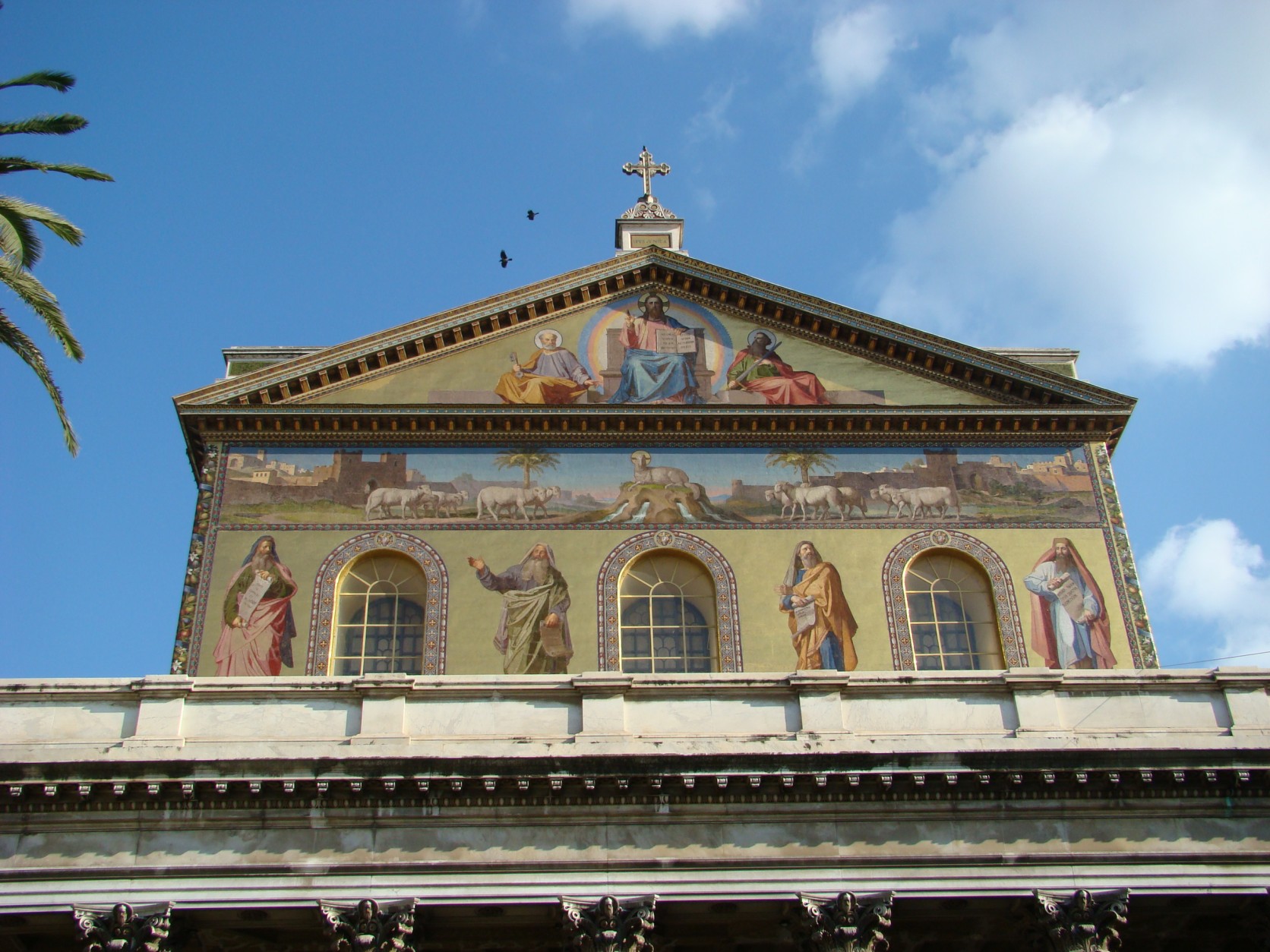


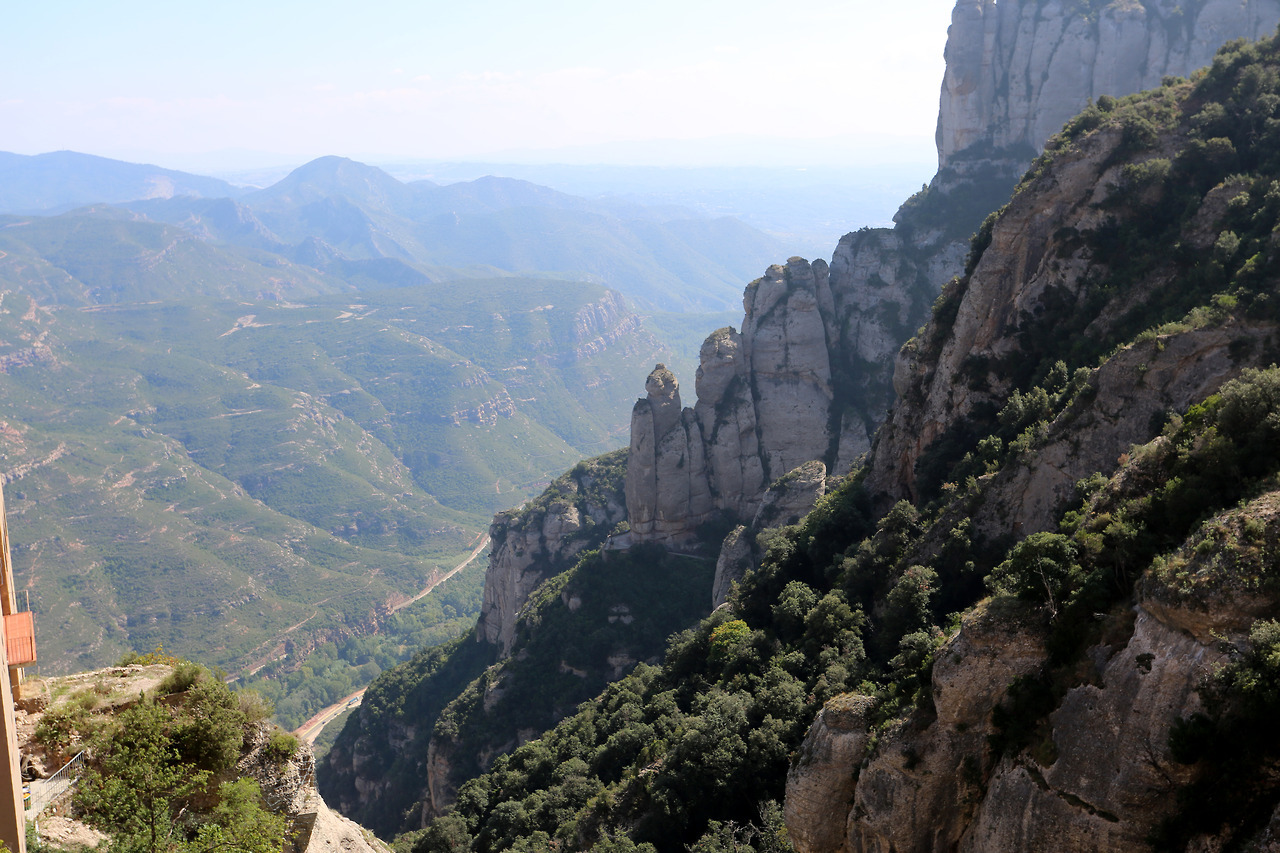

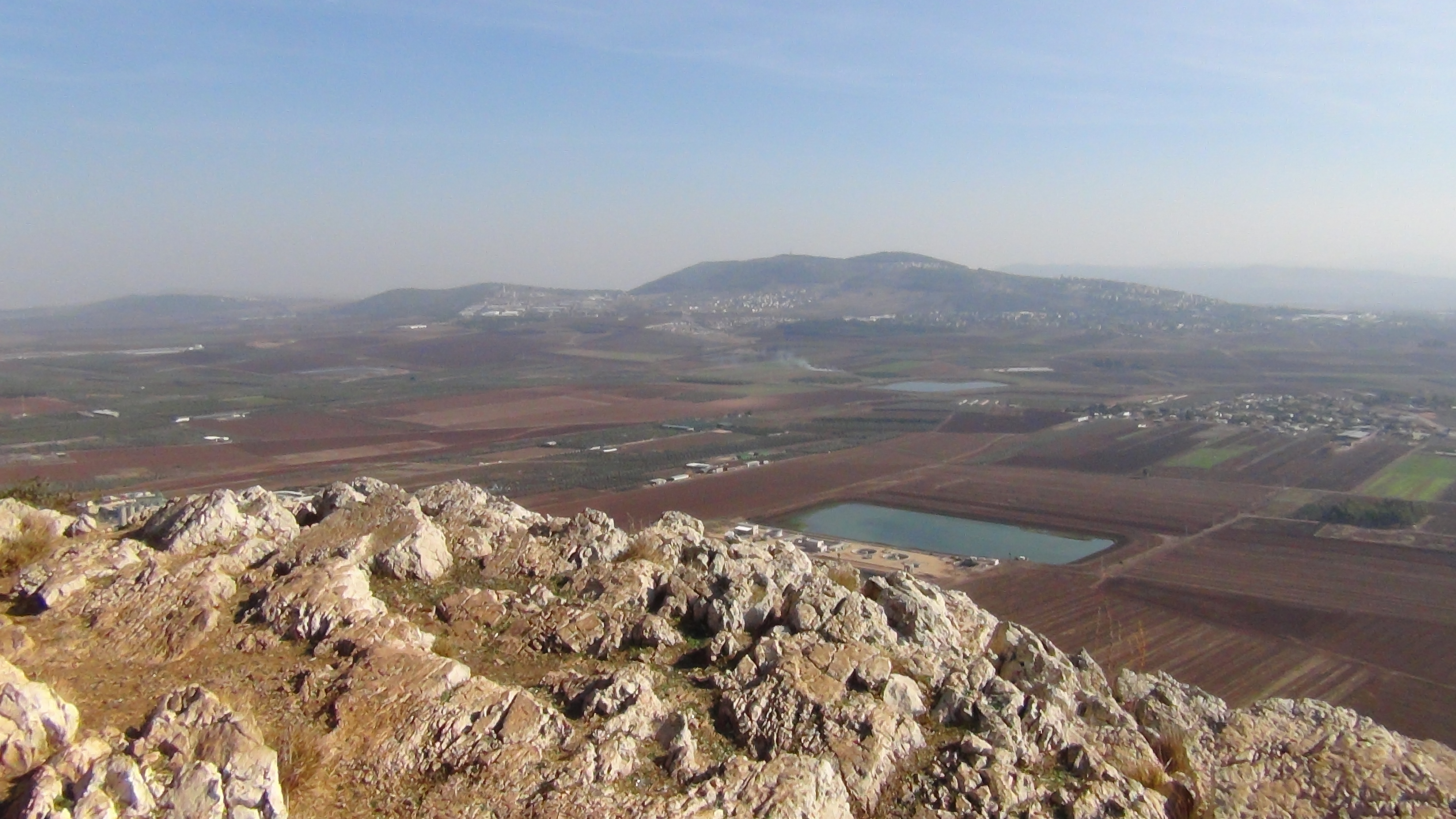

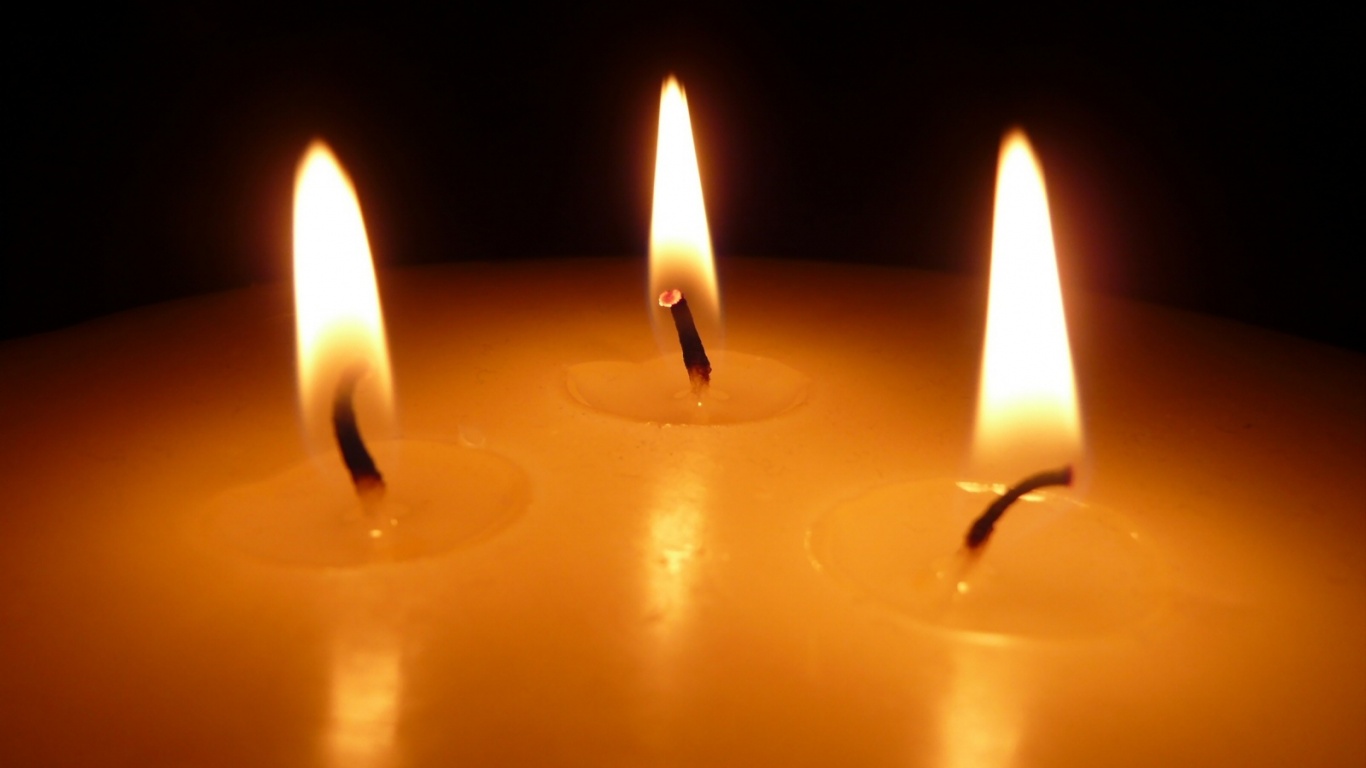

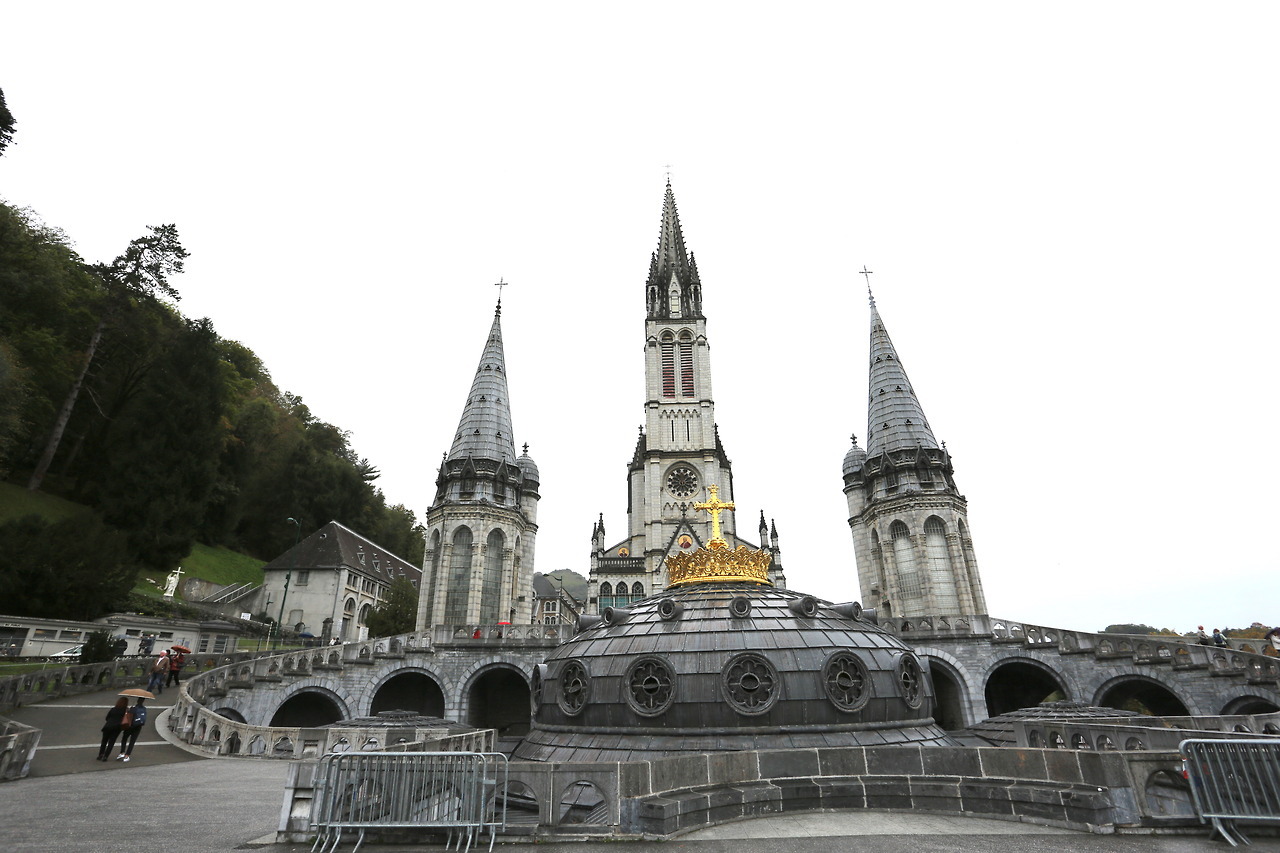



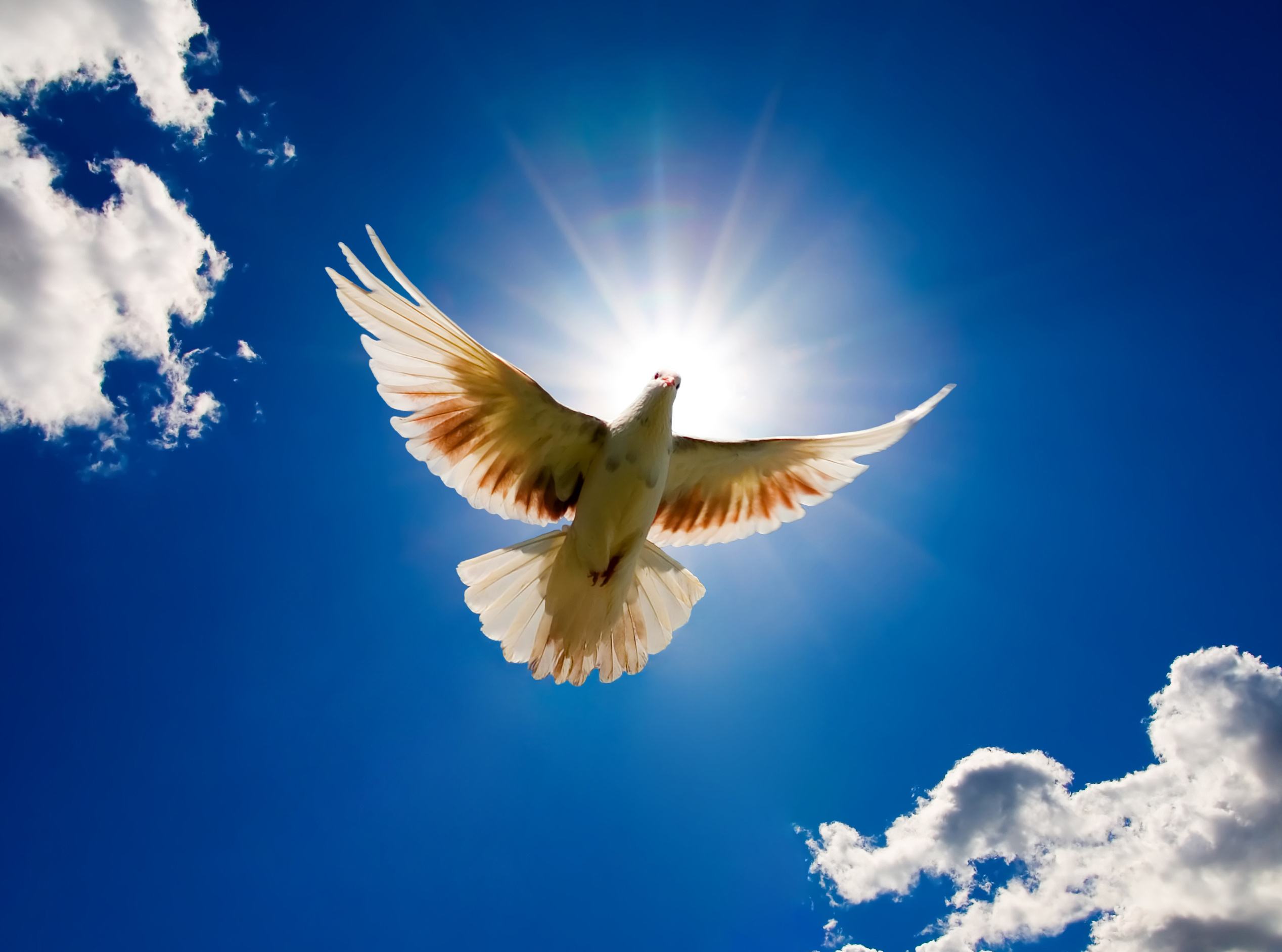

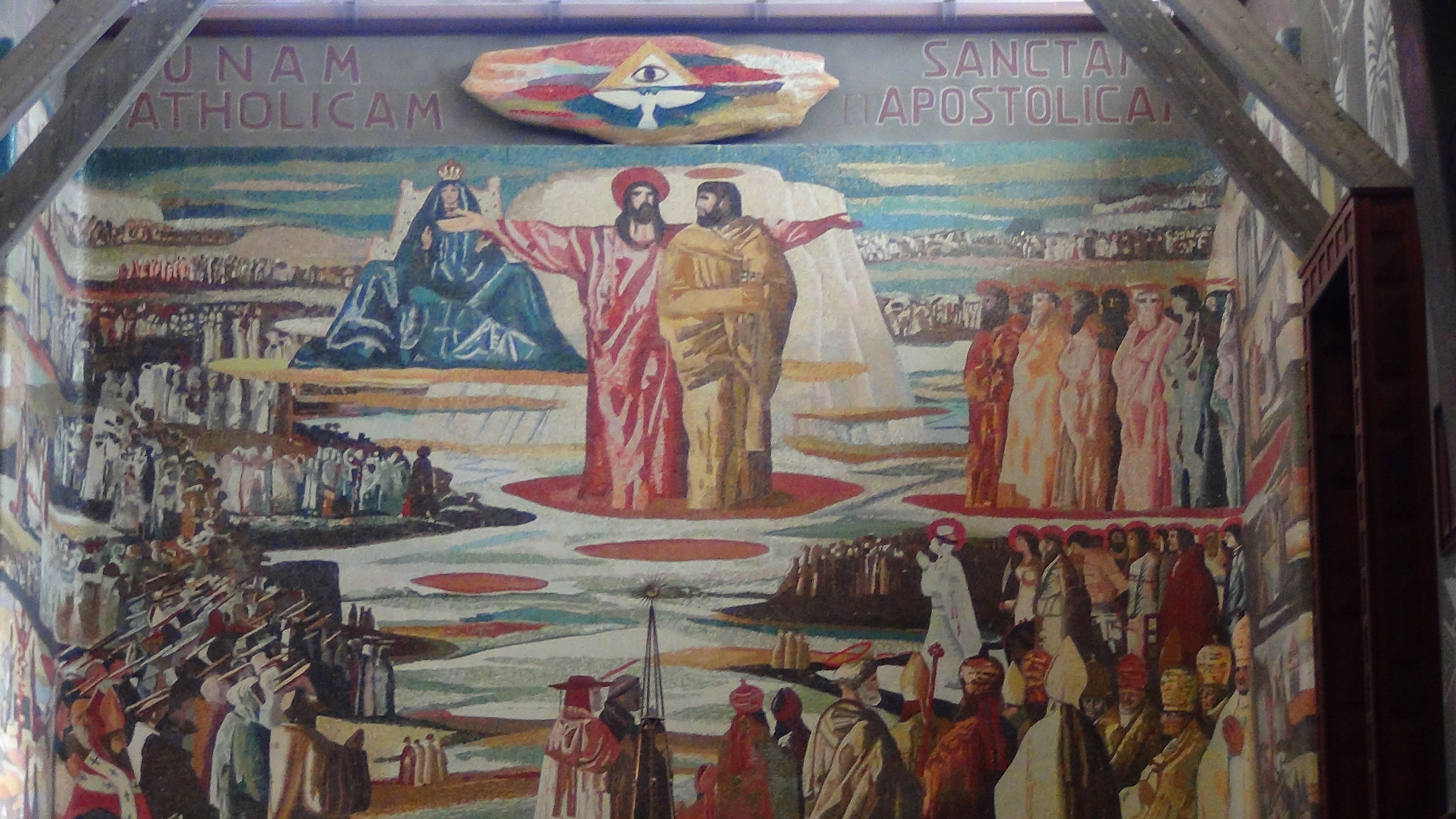

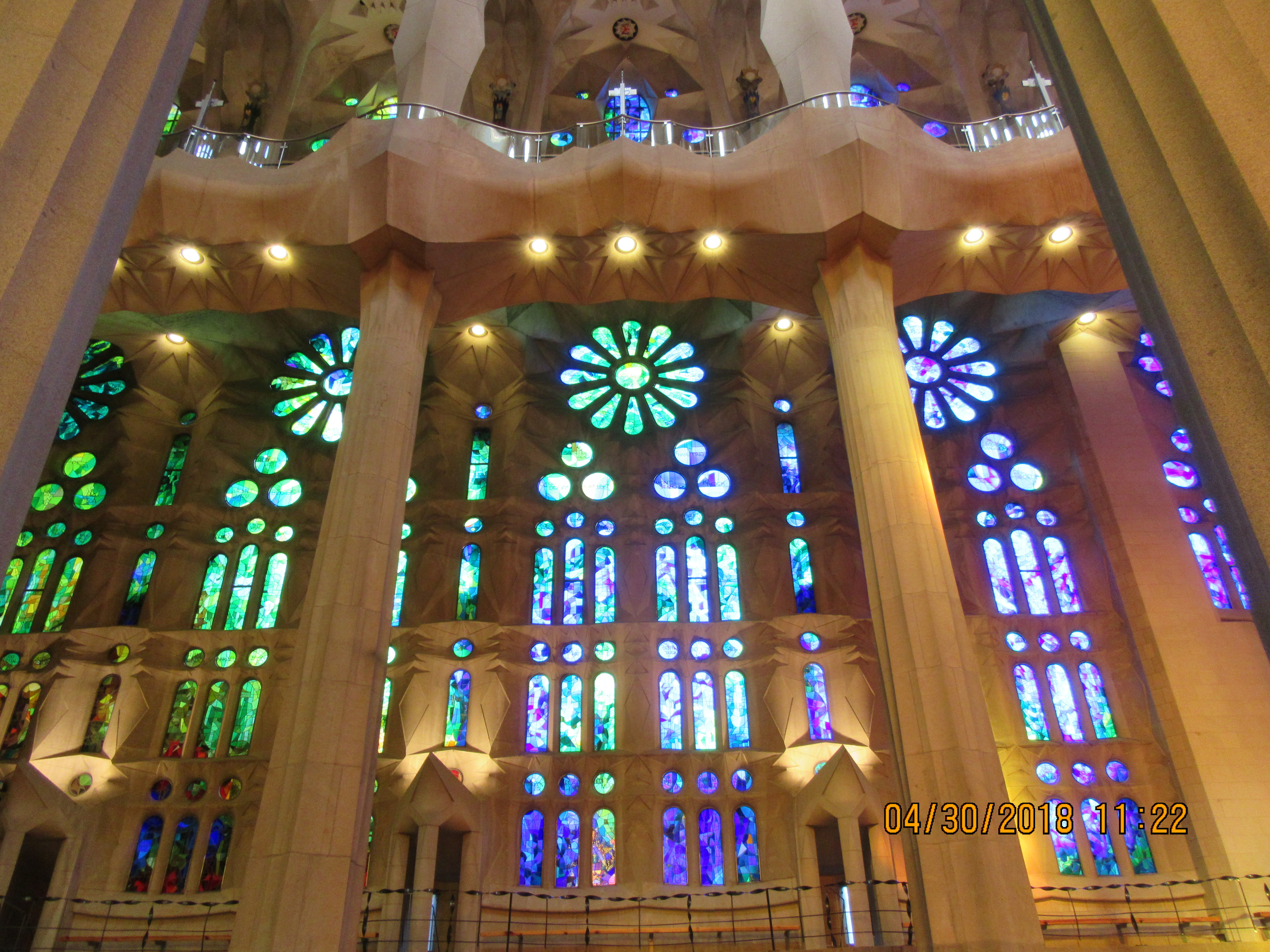

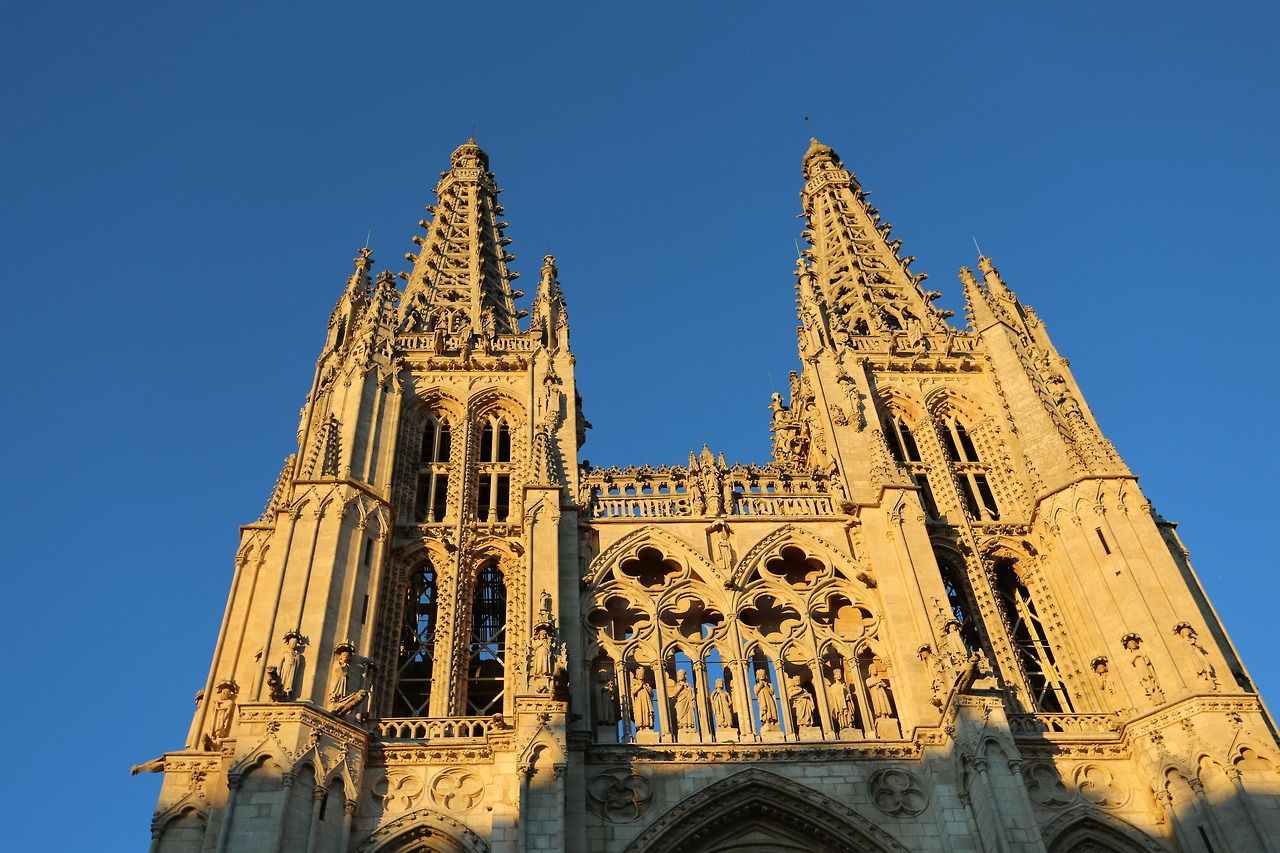

Recent Comments